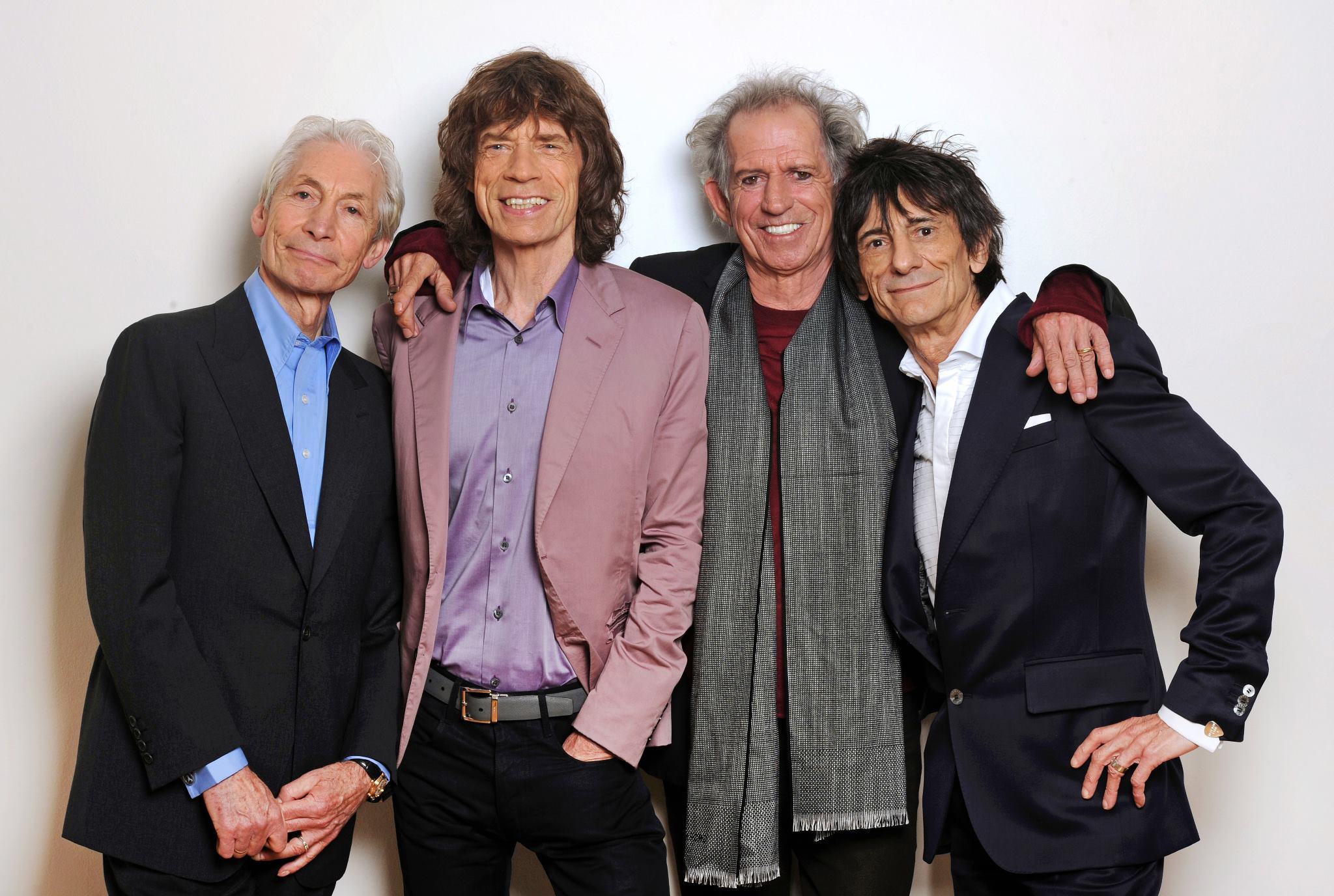Compulsory licenses are important, and I do support them. If any broadcaster or webcaster had to get a license and negotiate a fee before playing any piece of music, everything would grind to a halt. Or worse, it would create a situation where the radio companies did deals only with major providers of content for expediency’s sake, and consumers would lose because the creative marketplace would shrivel. But if we’re going to have the compulsory licenses that are so important in open and equal access to radio listeners, that has to be matched up with a fair compensatory relationship that doesn’t leave U.S. artists bereft of the same economic opportunities that their international brethren share.
Videos by American Songwriter
Like George Wallace, most of the terrestrial radio owners are sitting with their arms crossed on the steps of their radio stations, saying “Free Music Now, Free Music Forever,” calling what the rest of the world identifies as a fair royalty, “a tax.” It is not a tax. Taxes are paid to governments. Royalties are paid to creators of artistic works. Some, like Bob Pittman from Clear Channel, are getting out in front of the issue and trying to head off legislation by cutting deals with one of the majors and some of the larger independent labels and claiming that there is no need for a legislative fix, that solutions exist in these private deals.
What concerns me about this path is that it is very easy to see that this could lead to an understanding where radio concerns pay a lower aggregate royalty across platforms (remember – most FM broadcasters simulcast digitally and are starting digital radio platforms, i.e. Clear Channel’s IHeartRadio) in exchange for greater amounts of airplay. It could actually lower costs to the radio concern and give the record company significantly more spins. Even at a lower cost per spin, significantly more spins results in more gross revenues and more exposure. The radio station wins, the label with the private deal wins, but who loses are the labels that aren’t invited to the table to cut a private deal. Also losing is the very American ideal, backed up by decades of anti-trust law, that competitors should have equal access to the marketplace.
Rep. Mel Watt of North Carolina will soon be proposing a new statute that will call for the U.S. to join the rest of the world and create a performance royalty to be paid to all on the value chain of music creation. For the sake of fairness and freedom of access to airwaves, let’s hope it passes.













Leave a Reply
Only members can comment. Become a member. Already a member? Log in.